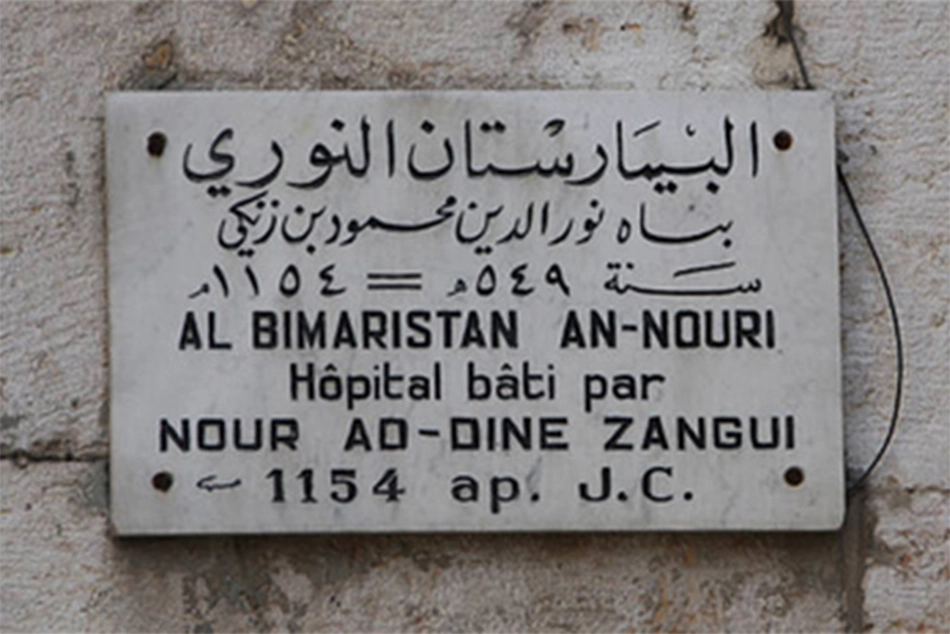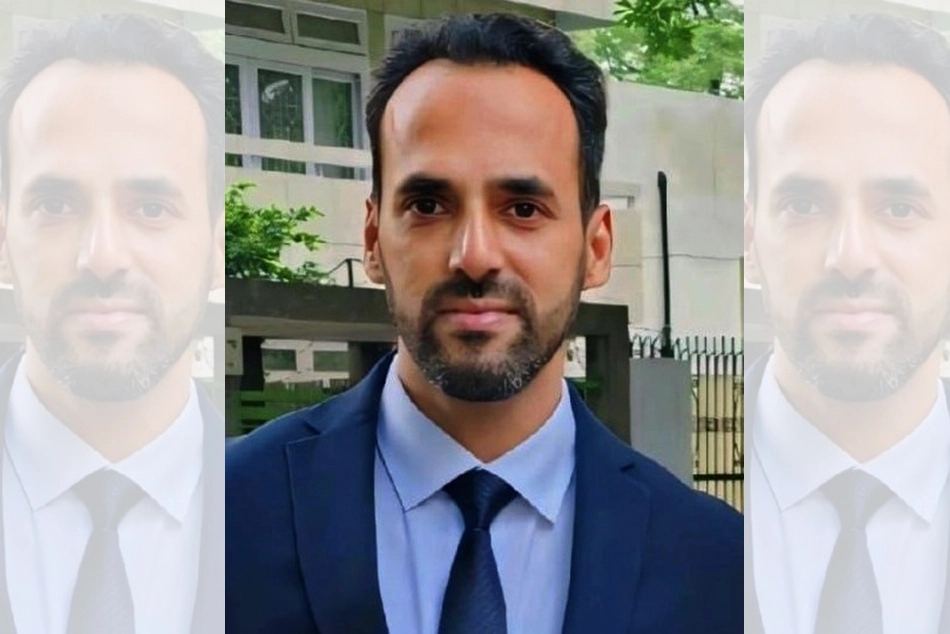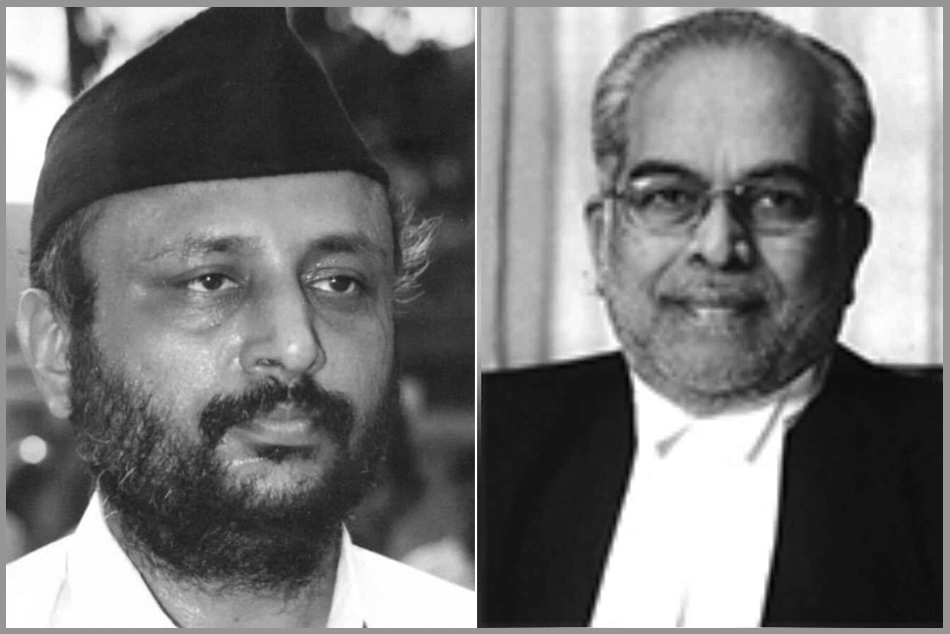
Ukraine Between Aggression and Diplomacy: A High-Stakes Test for the West
As Moscow presses its maximalist demands, Kyiv navigates shifting U.S. signals and fractured European support, with the future of sovereignty and global security at stake

[Image: Vadim Ghirda/Associated Press)]
Ukraine is fighting two battles at once: one against Russian missiles, and another against the shifting politics of its allies. Putin demands territory and neutrality without offering any concessions. President Trump swings from threats of sanctions to promises of a “peace deal” without a ceasefire.
In Europe, cracks are widening as leaders debate aid, strategy, and the limits of compromise. For Kyiv, the question is no longer only how to survive the war, it is whether the price of Western compromise will be paid with its own land and sovereignty.
Maximalist Demands and Red Lines
Russia’s demands are clear: Surrender Donbas, renounce NATO membership, accept permanent neutrality, and ban Western troops, terms that would strip Ukraine of sovereignty. Moscow also seeks influence over any future security guarantees for Kyiv. While Russia cites NATO expansion and Western military presence near its borders as security concerns, these claims remain widely contested internationally and do not justify the ongoing aggression. Ukraine holds firm to its red lines: full Russian withdrawal, restoration of internationally recognized borders, and binding security assurances. These opposing positions have left peace talks stalled, with the battlefield shaping diplomacy.
History as a Shadow Over Today
The roots of this conflict go back to Ukraine’s independence in 1991, when Moscow resisted Kyiv’s westward turn. The 2004 Orange Revolution and 2014 Maidan uprising reinforced Ukraine’s European aspirations, provoking Russia’s annexation of Crimea and a proxy war in Donbas. The Minsk agreements aimed to halt violence but failed due to Moscow’s maximalist demands and Kyiv’s refusal to cede sovereignty. These unresolved disputes set the stage for the 2022 invasion and continue to haunt diplomacy in 2025.
Trump, Europe, and the Group of Willing
Trump’s peace proposals envision Ukraine accepting territorial concessions and strict neutrality in exchange for sanctions relief and a U.S.-led security framework. This has divided Europe. Some capitals see pragmatism in Trump’s plan, while others, led by Germany’s Chancellor Friedrich Merz and the “Group of Willing”, warn that legitimizing Russian gains would reward aggression. Germany and France actively coordinate security and financial aid and attempt backchannel mediation. The UK plays a bridging role, pressing both Europe and Washington to deliver concrete commitments to Kyiv’s defense, even as broader EU unity remains fragile.
KajaKallas: A Warning Against Compromise
EU foreign policy chief KajaKallas warns that focusing the debate on what Ukraine should surrender plays into Putin’s hands.
“The discussion is all about what Ukraine should give up,” she said.
Pressuring Kyiv to cede territory would betray Ukraine, weaken NATO’s deterrence, fracture transatlantic unity, and undermine the EU’s vision for eastern enlargement. Her voice captures the West’s core dilemma: uphold sovereignty and international law, or accept compromises that reward aggression.
Ukraine’s Diplomatic Maneuvering
Kyiv finds fractured Western support both a challenge and an opening. Trump’s push for a quick peace deal sparks fears of abandonment but also gives Ukraine leverage to rally the “Group of Willing”—Germany, France, and the UK—to push for stronger guarantees.
Zelensky frames Ukraine as Europe’s frontline, highlighting civilian suffering to prevent war fatigue from turning into defeatism. Yet diplomatic space is narrowing, as Kyiv balances Washington’s shifting priorities, sustains EU unity, and defends its sovereignty red lines.
Economic Pressures and War Fatigue
The war’s endurance now hinges as much on economics as on weapons. Russia continues to absorb sanctions through energy exports and a wartime economy, but structural weaknesses, capital flight, isolation from Western finance, and tech shortages are deepening. Ukraine survives largely on Western lifelines: budgetary aid, weapons financing, and EU market access.
For Europe, sustaining support is costly. Rising energy prices, inflation, and political fatigue strain consensus in Berlin, Paris, and beyond. Governments must justify why billions in aid flow to Kyiv while domestic pressures mount. The “Group of Willing” argues that current support is cheaper than the strategic cost of Russian victory, but this message struggles amid voter fatigue.
Sanctions relief is Moscow’s core incentive; binding financial guarantees are Kyiv’s lifeline. While Washington retains broader fiscal muscle and dollar leverage, Europe shoulders the immediate economic burden: energy insecurity, refugee crises, and infrastructure rebuilding.
According to the Kiel Institute for the World Economy, among 41 countries contributing to Ukraine’s war efforts, Europe has committed about €257 billion in stockpiled, pledged, and allocated support—compared to $119 billion from the U.S.
Conflict Resolution Frameworks
Previous agreements, Minsk, Normandy, collapsed due to conflicting demands and weak enforcement. Today, proposals include a European reassurance force to deter aggression without deploying NATO directly, and renewed multilateral mediation efforts. The UN remains limited by veto powers, though broader diplomatic innovations involving Global South actors offer potential openings, albeit uncertain.
Two Futures, Expanded
The war’s trajectory depends on whether Washington or Europe leads. A rushed settlement pushed by political pressure without guarantees could freeze the conflict and leave Ukraine vulnerable to renewed Russian attacks. Alternatively, a unified European-led effort demanding Russian withdrawal and securing sovereignty could preserve long-term peace, even if immediate hardship continues. Alliance cohesion, deterrence credibility, and precedent-setting are all at stake.
The Human and Strategic Stakes
The toll of Russia’s war on Ukraine is staggering. According to the UN Human Rights Monitoring Mission, as of 13 August 2025, over 13,000 civilians—including 726 children—have been killed, and more than 35,000 injured, including 2,234 children, since February 2022. The USA for UNHCR reports nearly 6.9 million refugees abroad and 3.7 million internally displaced. Schools, hospitals, and power grids continue to be targeted, deepening social and economic despair.
For Ukrainians, every Western decision affects whether families can return home, children can attend school, and lives can be lived safely. In Kharkiv, a mother shelters her children in a basement classroom-turned-bunker, unsure if the next missile will strike.
For the West, the stakes extend beyond solidarity: they test alliance credibility, the enforceability of international law, and the broader rules-based order. Standing firm defends sovereignty but may prolong conflict; conceding risks normalizing aggression and weakening NATO credibility. The choice facing policymakers is stark: invest now to uphold principles and protect long-term stability, or pay later for a weakened order and emboldened aggression.
[The writer, Mohammed Affan, is a final-year Indian undergraduate student of Political Science and International Relations at Istanbul Sabahattin Zaim University. He successfully completed his Erasmus Scholarship program in Poland and writes on diplomacy, international relations and policies, global justice and human rights.]
Follow ummid.com WhatsApp Channel for all the latest updates.
Select Language to Translate in Urdu, Hindi, Marathi or Arabic







